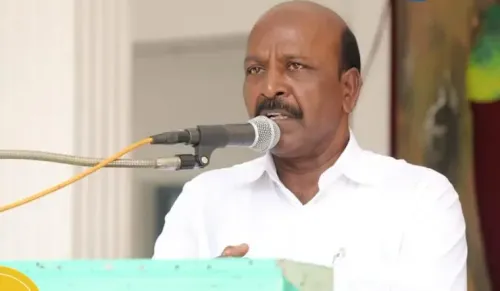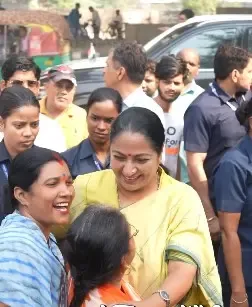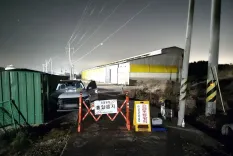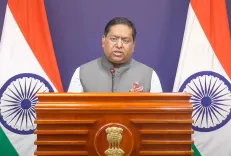How is Maharashtra Advancing Towards a Trillion-Dollar Economy?
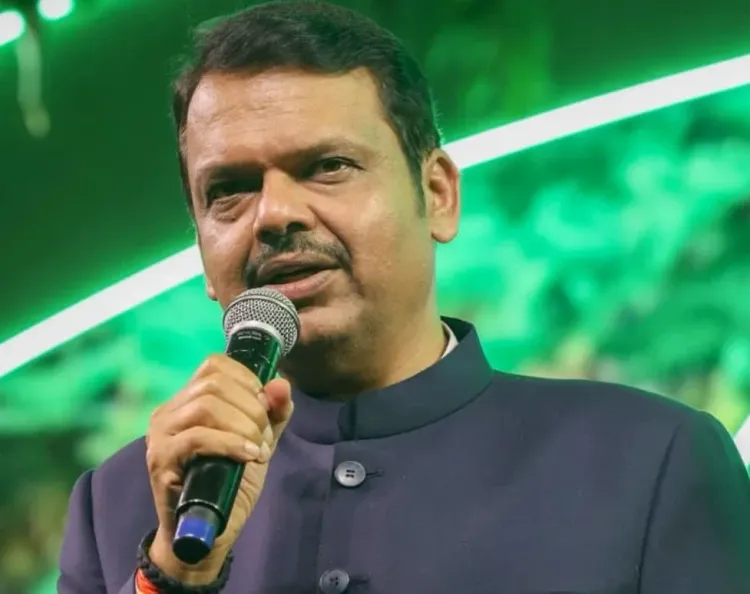
Synopsis
Key Takeaways
- Maharashtra's economy is on track to reach a trillion-dollar mark by 2030.
- The state has surpassed a half-trillion-dollar economy.
- A comprehensive roadmap is in place covering various sectors.
- A $100 billion investment is aimed at enhancing infrastructure.
- Maharashtra leads in foreign direct investment within India.
Mumbai, June 4 (NationPress) Maharashtra is on a determined course to achieve a trillion-dollar economy by the year 2030, as announced by Chief Minister Devendra Fadnavis during his address at the "India Investment Forum 2025" organized by Morgan Stanley.
The Chief Minister provided a detailed summary of Maharashtra’s advancements across economic, industrial, social, and environmental dimensions. He pointed out that the state's economy has already surpassed the half-trillion-dollar milestone. An Economic Advisory Council, led by Tata Sons and composed of 20 senior CEOs, has crafted a detailed roadmap encompassing infrastructure, industries, services, agriculture, and fintech sectors.
Additionally, he revealed that the “Viksit Maharashtra 2047” framework will be launched on October 2, outlining short-term, mid-term, and long-term objectives.
The Chief Minister underscored that Maharashtra’s industrial capabilities are expanding beyond Mumbai and Pune. Emerging regions such as Chhatrapati Sambhajinagar, Gadchiroli, Nashik, and Raigad are rapidly developing through electric vehicle hubs, steel cities, and integrated industrial townships, transforming the entire state into an industrial powerhouse.
He stated that a substantial infrastructure investment of $100 billion is in progress, which includes projects like Vadhavan Port, the Nagpur-Goa Expressway, new airports, and the Mumbai Metro and Coastal Road initiatives.
“These developments will revolutionize Maharashtra’s transport and trade logistics. Mumbai is undergoing rapid urban renewal with the Dharavi Redevelopment Project, aiming to rehabilitate 800,000 citizens. The government is also rolling out a unified mobility solution via a single transport card and an integrated mobile app. Coastal regions are being revitalized through advanced sewage treatment solutions,” the Chief Minister added.
Fadnavis also highlighted that Maharashtra continues to lead in foreign direct investment (FDI), accounting for 40 percent of India’s total FDI.
He attributed this achievement to an integrated digital single-window system, the expansion of Maharashtra Industrial Development Corporation industrial parks, and the formation of a Cabinet Committee on Investment.
He emphasized that the state is intensifying initiatives in water security, technology, and power supply for farmers. By 2026, the government aims to offer free daytime solar electricity, boosting agricultural productivity and income.
Maharashtra has also formulated a comprehensive five-year tourism development strategy, focusing on local community engagement, conservation zones, and infrastructure to transform the tourism sector.
“The multi-sectoral approach of Maharashtra is aimed at ensuring inclusive growth and a sustainable, future-ready economy,” he concluded.


